This post is about our company’s culture. It was conceived as a handbook written for a potential new member of our team. But it also gives detail on how we’ve shaped our company so far.
How it all Began
When I was a younger entrepreneur, my main motivation for starting my own business was money and freedom. But I started focusing on chasing money as a driver of freedom.
It was about two years ago when I was having lunch with an old friend after some time without having been in contact. At the time, I admitted that although marketgoo had grown, the project itself was not in a comfortable situation. It took a lot for us to grow in revenue and we were suffering slow MRR growth.
Instead of being sad, I told my friend I’d come to a place where marketgoo as money machine project was not my obsession. I was more obsessed with keeping our Culture growing by building a great performing team with the idea of launching projects or evolving this one for the next 10 years or more. So in that scenario, marketgoo was just one of those projects and perhaps first and foremost, an experimentation field.
I even changed my public role to “Head of Culture”. It was a bet. And our bet was to focus our growth as a team instead of focusing our growth on the money side.
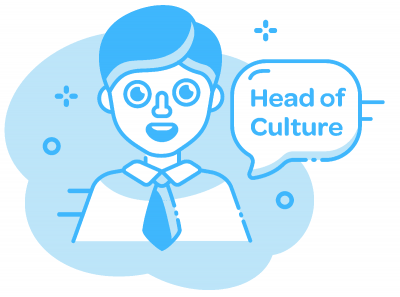
How We Shaped our Culture
Founders take the most important role in projecting a company’s culture. And from the chosen business model, flow culture and values. We had some clear ideas in mind so our culture configuration was born 6 years ago like this:
- Work in a flexibility and freedom-based context. Remote, project-based instead of hours of work. Be our real bosses. Don’t let other stakeholders control our destiny (Investors, Shareholders, Partners).
- Let’s make something that we like to work on. Leverage our experience. No need to overgrow. Keep the team lean.
- There are no boundaries: our market is global, our hires are global and we’ll take any opportunity we can to be borderless.
- As Naval stated recently, we wanted all team members to run on a founder mentality. We all take on personal responsibility without complaints, learn and recruiting skills as needed.
- It has to be profitable, it has to provide us with a recurring flow of money, we should not need to raise money to make it happen. We’ll share the profits and live!
Our Culture Grew as an Answer to our Constraints
Instead of raising money or hiring experts to advise us based on our past growth limitations, we decided to focus on team growth. It was a natural process. We shared our overall vision to new potential hires. Those hires (some interns at that time) believed in the vision and were very open to participating.
And so we began shaping our Culture. And then it was like a blessing. We starting dreaming of creating a small but high performing team. One role for each member. A member should master their function and project. And we needed a framework because elements of culture appear as a result of our dreams and plans.
Components of our Culture
Our Mission, Vision, and Values
It took us years to create a set of Values together. We’d used some tools and surveys to grab and understand what were our original values. Then we distilled them and every quarter we have an appointment to review them.
- Our Mission is to make SEO easy for Small Businesses. Our promise: marketgoo helps SMBs grow their businesses by providing easy SEO tools to increase their traffic and rank higher.
- Our Vision: To become the standard, preferred platform used by Small Businesses to improve and take control of their SEO and online presence.
- Our Values:
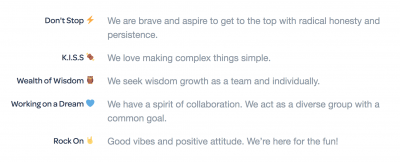
Purpose
We believe in Purpose as a driver for success. Our purpose is to create a small enough but high performing team. We sit on patience. We aim to be working together 10 years or more. Looking for a long-term commitment in new members so we building projects that help people but that we also like and enjoy.
All this effort may bring wealth to our team members. And in order to do so, we are learning along the way, wisdom growth, experimenting!
Growth
We don’t grow at all costs but we are ambitious. There is no VC funding that might put pressure on our roadmap but we don’t consider ourselves a “lifestyle business” – we work caring for our lives and wellbeing.
Communication
Any marketgoo team member must use honest, direct and empathetic communication. We believe communication is key to keep the focus and aligned our interest. We expect that you have good communication skills.
Transparency
We are an open book management company, we share company finances but we also share company strategies and we thoughtfully explain any change that we face.
Personal Development
Not only do we aim for you to grow professionally but you’ll find our project is the vehicle to reach your goals or desired way of living. We perform one-to-ones every half-year to make sure we elevate ourselves away from the day-to-day conversations.
Distributed, remote-first company
We have an office in Madrid, but everything happens “remotely” first. No timetables, flexibility but with commitments to attend team updates. As a distributed company with team members in multiple locations, English is our working language, but most of the jokes happen in Spanish.
Company Stages Framework
We’ve defined 5 company stages. Each stage implies different member compensations, perks, and corporate strategies. We are in stage 2 now. For example, our allocation of profit-sharing in stage 2 is 5%. The stages are based on our finances and cash flow levels.
Team Compensation and Profit Sharing
As our company stages evolve, we’ll be offering higher compensation. Our goal is to pay 20% over the salary you could be earning elsewhere. We don’t adjust your salary to any specific location but understand that some locations and profiles require a different range.
But we dream that our profit-sharing program will provide you, as a team member, with more money than you get from your salary or at least with a very important part of your compensation. We run a formula for profit-sharing that today is based on your seniority within the company but that is evolving towards your impact on the project and performance.
Company Retreats
As we are distributed and work hard, every quarter we have a company retreat. Twice a year we go for a week work-vacation to fancy places and have fancy parties with fancy food. The initial goal for our company retreats was to review performance and plan for the next Q – but as we gained more experience, we decided to switch to more of a team gathering and talk about strategy. Retreats serve as an obligatory vacation for most of the team but also a place to talk or address questions, concerns or ideas to the group.
[instagram-feed background=#EBF7FE layout=masonry showheader=true showbio=true num=4 nummobile=1 showfollow=true followtext=”Follow Us” sortby=random]
Perks
We use our company stages to also define how much we spend on perks so we can adapt to the available cash flow.
- Goompleaños: [marketgoo + Cumpleaños = birthday in Spanish] one of our more simple and yet impactful perks is to let anyone have a paid day off on their birthday. The company provides 50 € for the team member to have a lunch or experience. The only requirement is to share a picture of the happy moment in our Slack channel!
- Fitness: paying for health, each member gets compensation for healthy activities (Padel, Gym, Swimming, TaekWonDo, Horse riding, Pilates etc)
- Learning/Books: free budget for books and a fixed amount per year per learning.
- Team Assistant: We have a person taking care of the team. Do you need to make an appointment, buy your children’s books for school or make a restaurant reservation? Just ask our assistant for it!
Organization and Methodology
Teams
- When the company was small, everyone was doing a bit of everything, and as the company grew, the teams became bigger, and the accountability of some areas became a bit diffused. That’s why we decided to create defined teams per areas and concrete roles in each team. Now everyone knows who is in charge of what and who to ask about it.
Agile Methodologies
- Scrum was a great improvement for us. We moved from a simple priority system to a well-organized development roadmap. One of our biggest concerns was to be as predictable as possible in terms of software delivery. If you know how fast you can deliver features, you can plan a predictable product evolution and take better decisions prioritizing tasks. It also gives us a way to pivot our development strategy in case a new opportunity comes across, being as agile as possible.
- Measuring and adapting made our development process very flexible and being more focused improved a lot of our productivity.
OKRs
The adoption of OKRs also marked a change in the organization, where accountability and aligned focus had become extremely important. Without them, everyone could be focusing very hard on their projects, but if we didn’t each have OKRs which were aligned towards a greater goal, all that work felt exhausting and yet seemed to bring us no closer to our company’s goals.
Fun
We have fun together but don’t invest in ping-pong tables for the office. We prefer to spend that money on “homenajes”. An homenaje is usually a food festival with no budget limits. But yes, we encourage drone racing, YouTube channels, print stickers and swag, and all that stuff too. Look on our Instagram for a curated selection of our finest moments, and check out our Goo Life board on Pinterest for the B-Roll!
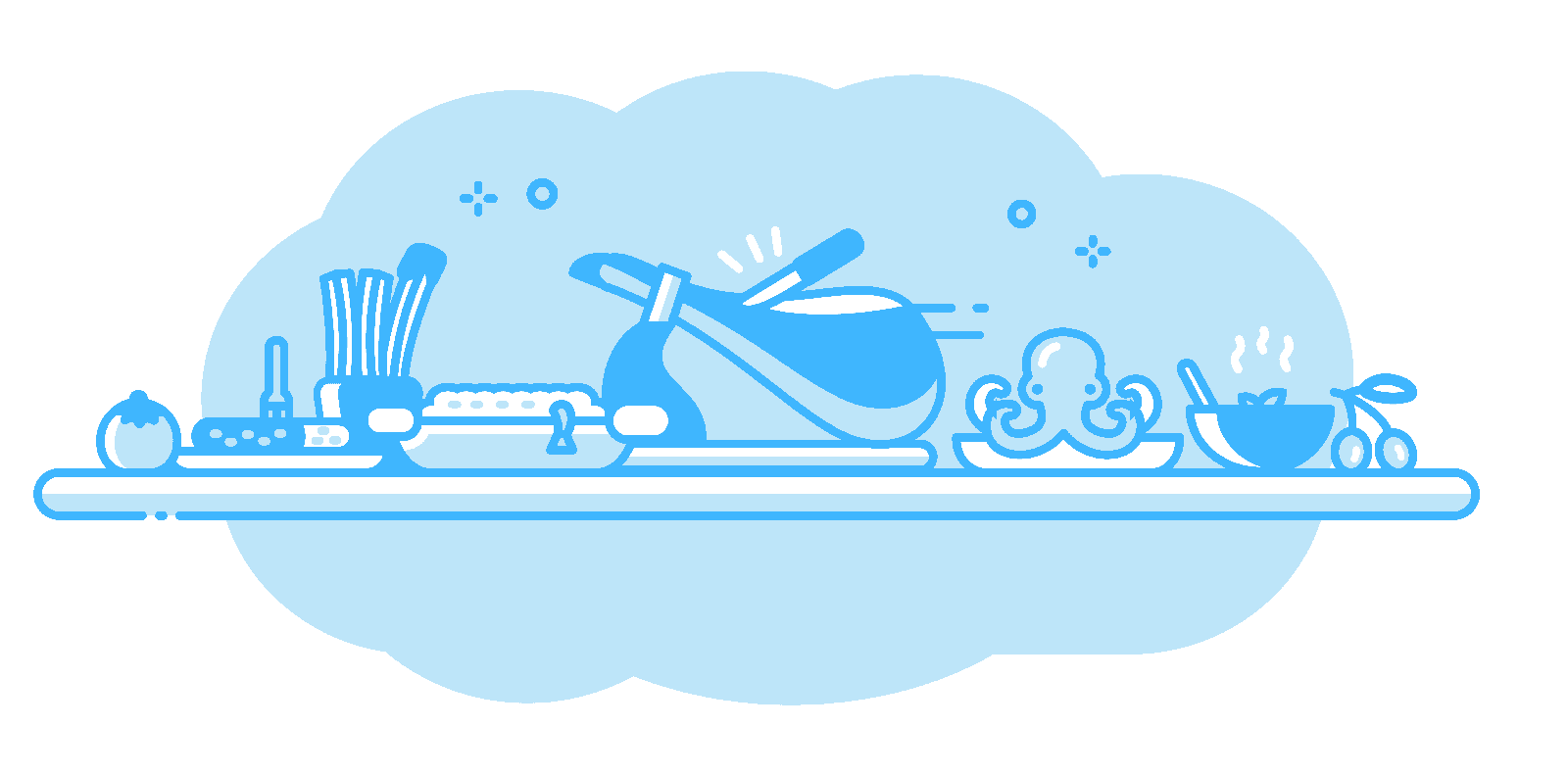
Family/Community
We integrate our families into our project. Sometimes we all gather together and we are still striving to do something impactful for the community.
Some Learnings
We’ve taken inspiration from companies like Buffer, Balsamiq (run by Peldi), 37-Signals, from books like Maverick about the story of Semco, from collectives like Corporate Rebels, etc. But we understand this is a huge challenge for us and keep learning and adapting our model.
To help with this adventure, we’ve created a Team for Culture issues. 3 members, including me, are part of the Culture Team. That helps me to have more diverse viewpoints to help with decision-making and help with the execution.
The Good and the Bad
Our Culture is benefitting us as a project in ways that range from a low turnover, attracting talent easily, achieving a high efficiency, and a strong focus. Team satisfaction surveys show a great outcome (thanks for the. help, Leo!). On a personal level, we’ve all been impacted by the freedom and ecosystem we have created for ourselves.
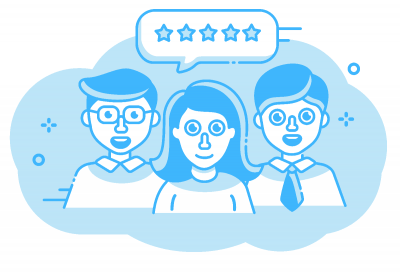
But we’re not blind about limitations that may come from our way of doing business: a slower pace, more resources spent on the Culture side of things, challenges with Remote working and stomach-aches from our “homenajes” etc.
We’re humble enough to understand this will be always a lovely experiment but happy as hell to realize the impact our acts are already having on our team members, families and the community. Enjoy the process!
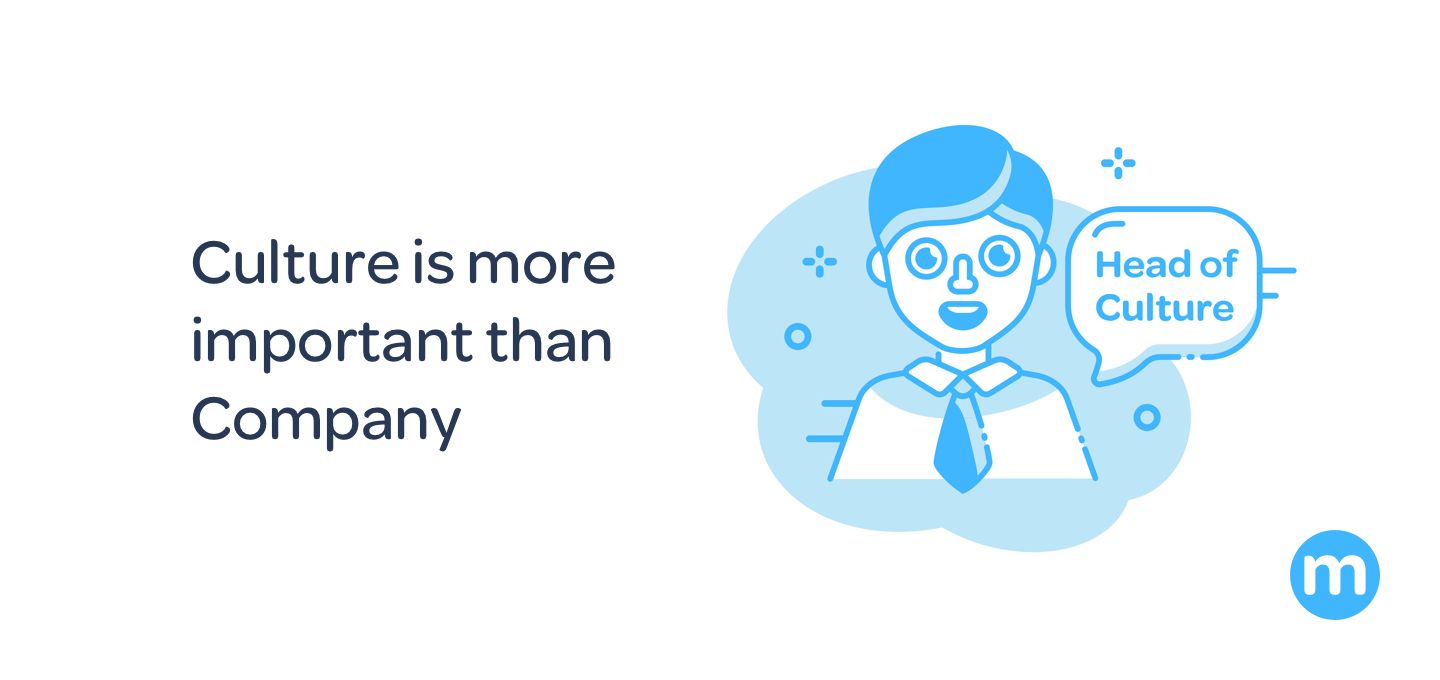
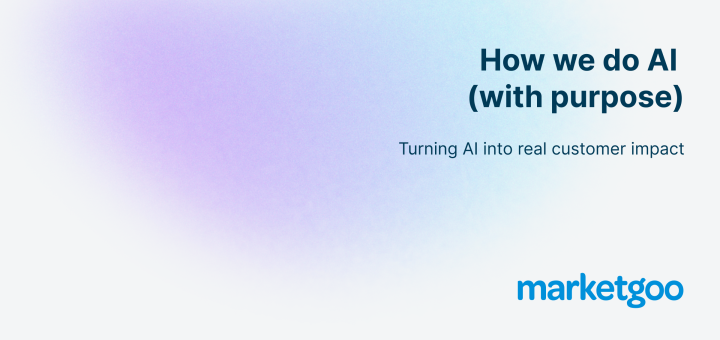
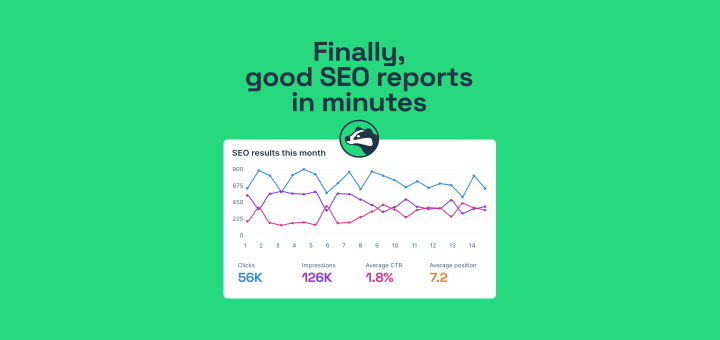


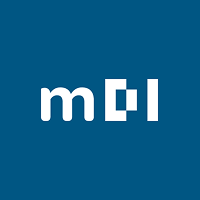





Comments are closed.